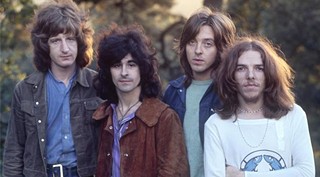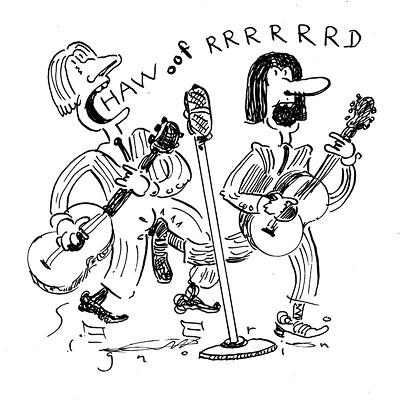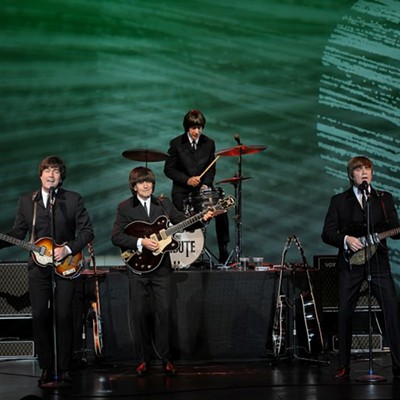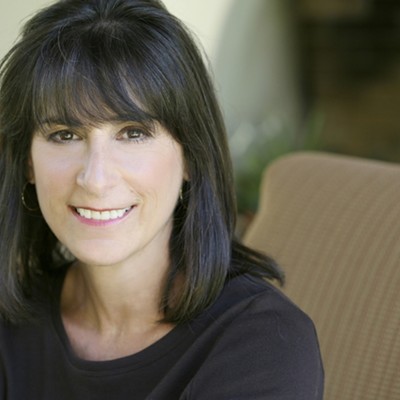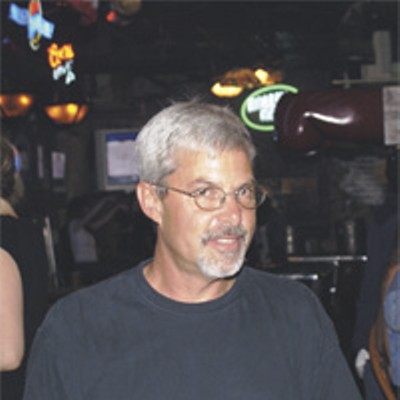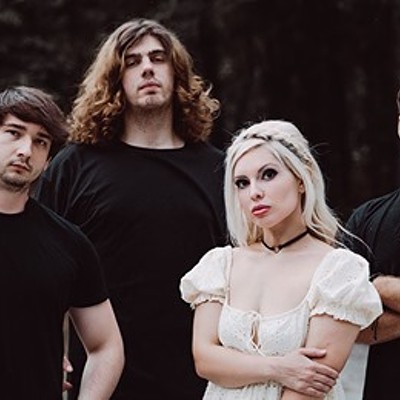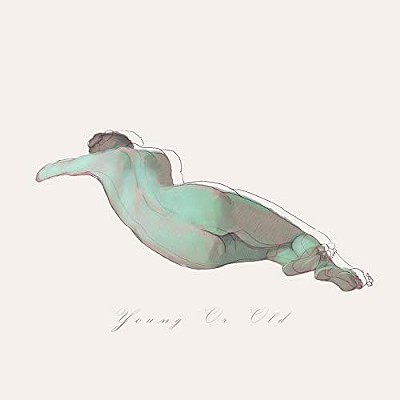Classical composer John Tavener probably didn’t expect to become a pop star, much less a cult figure, when he wrote his polyphonic cantata The Whale in 1969.
Tavener, who was knighted by the queen in 2000 (thus becoming Sir John) went on to compose, conduct and record a series of dramatic musical works for chorus and orchestra. Tavener, said the Times of London, “is among the very best creative talents of his generation.”
Long before Her Majesty had heard of him, Tavener was indeed a cult figure. The Whale, and its followup Celtic Requiem, had been recorded and released by Apple Records, a label set up and managed by the Beatles. When the Tavener albums – like most of the Apple catalog – went out of print, they became talked–about collector’s items.
Next week, EMI reissues 17 original Apple albums, all remastered, on CD and as digital downloads. Although some of them, including The Whale, saw CD release in the early 1990s, they too quickly disappeared from retail and online bins.
Begun in the heady hippie days of 1968, Apple was an altruistic pipe dream for the Beatles. Although primarily a vehicle for their own recordings, it would give each member of the Fab Four an opportunity to discover, nurture and produce outside talents. Musical genres didn’t matter.
In the end, although the company scored a few major hits, Apple soured, mostly because the four Beatles – increasingly estranged from one another – simply lost interest in the whole thing.
There are some gems in the new lot of reissues, a classic power pop album (Badfinger’s Straight Up), the two best R&B records Billy Preston would ever make (That’s the Way God Planned It and Encouraging Words, both produced by George Harrison) and Post Card, an eclectic neo–folk album by Welsh songbird Mary Hopkin (produced by Paul McCartney).
Hopkin’s Earth Song Ocean Song might be even better than her debut, despite (or most likely because of) the absence of McCartney, and Badfinger’s final Apple album Ass is a long–lost jewel.
Both Tavener sets are included on a single disc; likewise, Apple’s two recordings by the otherwordly Modern Jazz Quartet (Under the Jasmin Tree and Space) have been squeezed into one CD.
Harrison’s outside–the–Beatles projects range from the sublime (Is This What You Want from Liverpool rocker Jackie Lomax, featuring Harrison, McCartney, Ringo Starr and Eric Clapton in the backing band) to the self–indulgent (Radha Krishna Temple, a collection of singalong spirituals from his London–based Hare Krishna buddies of the time). He also produced a soulful self–titled album from “Just One Look” vocalist Doris Troy.
Then there’s James Taylor, the 1968 debut from one of America’s soon–to–be best known singer/songwriters. Featuring McCartney and Harrison, the album landed a hit single (“Carolina in My Mind”), but Taylor (along with his producer, Apple A&R chief Peter Asher) bolted for greener pastures at Warner Brothers. Two years later, Sweet Baby James - on Warner - made the lanky Bostonian a superstar.
The remastered James Taylor CD comes with four bonus tracks, including a brilliant acoustic demo of “Carolina” and an early take of “Sunny Skies,” which would end up re–recorded for his Warner debut.
In fact, most (but not all) of the new Apple CDs include previously unavailable bonus tracks.
Best of the bunch – all bonus, if you will – is Come and Get It: The Best of Apple Records, which brings together the label’s biggest hits (Hopkin’s “Those Were the Days” and “Goodbye,” Badfinger’s “Come and Get It” and “Day After Day,” Taylor’s “Carolina”) and more than a dozen of the quirky, one–off singles by artists that never merited a full album.
These one-off tracks, none of which have appeared on CD before, are the key to Apple’s eclectic - if slightly dysfunctional - utopian vision:
The Black Dyke Mills Band “Thingumybob.” The very first Apple single, it’s an old–fashioned British brass band playing the theme from a new television comedy series. The record was written and produced by McCartney, and it’s lovely if inconsequential.
Brute Force “King of Fuh.” An American singer/songwriter’s “flower people” homage, it came in the mail and was championed by Harrison, who ordered that Apple put it out. The single was pressed, promo copies went to radio, and somebody realized that Brute Force hailing the “Fuh King” probably wouldn’t go over well with the BBC. So it never came out.
Trash “Golden Slumbers/Carry That Weight.” This obscure Scottish band was allowed to cover the penultimate track on the Beatles’ Abbey Road album before it went out to the world. Although the arrangement is virtually identical to the Beatles,’ the single went straight to the circular file.
Ronnie Spector “Try Some Buy Some.” Harrison wrote the song and produced the Apple single for the former Ronettes star, who was at the time (1971) still married to Harrison’s co–producer Phil Spector. It flopped. Harrison later wiped her vocals and used the same backing track for his own version of the song – despite the fact that it wasn’t in his key.
The Sundown Playboys “Saturday Nite Special.” Surely no one at Apple could have thought this accordion–based zydeco romp – sung in Cajun French – would tear up the charts. It’s a Louisiana band that sent in a demo, unsolicited, on a whim. It presaged the world’s infatuation with Cajun music by about 15 years.
Hot Chocolate Band “Give Peace a Chance.” John Lennon himself championed this London ska–reggae band’s self–recorded version of his peacenik anthem. It ain’t much, but it’s fun. The group went on to success in the ‘70s with “You Sexy Thing.”
Bill Elliot & Elastic Oz Band “God Save Us.” Lennon purposely had little to do with outside Apple artists – he was busy making music (and headlines) with Yoko Ono. But he wrote and produced this spirited little ode to the British underground magazine Oz. Elliot, who sang lead, would go on to some success as a member of the group Splinter, which recorded for George Harrison’s own vanity label, Dark Horse.

